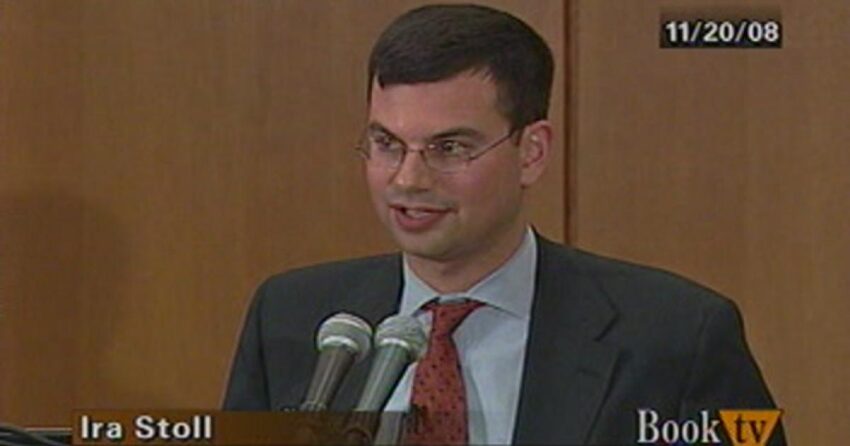Ira Stoll tries for a bit of pathos in his Oct. 2 Newsmax column:
The most illuminating recent article about the tax reform debate didn’t appear on the front page of any newspaper. It wasn’t in the business section, or on the editorial page.
It was an interview that appeared on an inside page of The New York Times arts section with Ellen Stern.
Stern isn’t an academic economist or a politician or a tax policy expert at some Washington, D.C. think tank. She’s a widow. Her husband, Jerome, died in March.
Beginning on Nov. 14 and continuing through March 2018 in nine separate events, Sotheby’s is scheduled to auction off the collection of art Jerome and Ellen Stern assembled over 30 years.
The Times reporter on the story, Robin Pogrebin, covers arts, not the Senate Finance Committee or the House Ways and Means Committee or the Treasury Department. She sensitively captured the emotions involved, “Losing her husband, Jerome, in March was devastating for Ellen Stern. And preparing to part with much of their extensive art collection this fall is its own kind of grief.”
Ellen Stern described having to sell the art as “like you’re stripped naked.”
So why would Stern part with the paintings and sculptures that she told the Times she loved almost like children?
The Times posed the question directly, “Why are you selling it?” Stern answered equally directly, “Because of taxes.”
Of all the many cruelties of our current tax system, one of most cruel is that it takes grieving widows and forces them to part with possessions accumulated over a lifetime.
Well, no. A multimillionaire woman who’s parting with artwork but still has a sizable estate is nowhere near the same thing as a typical widow. Stoll seems to admit he’s not generating much sympathy even as he downplays how rich she is, but he gamely presses on:
You may say that in a country of poverty-stricken hurricane victims and high-school dropout opioid addicts, Ellen Stern having to sell her Picassos in order to pay the tax bill on her 10 bedroom, 10 bathroom Westhampton estate doesn’t exactly rank high on the list of outrages. It isn’t a problem that affects a lot of people. Up to $5 million a person in 2010 inflation-adjusted dollars is exempt from federal taxes, though some states, including New York, levy their own estate taxes. The people it does affect are asset-rich.
But the more you think about it, the more you realize that essentially all taxes — not just the estate tax — are just some kind of variation of the IRS forcing Ellen Stern to sell her art.
[…]How much wasteful or counterproductive spending in Washington could be cut if before each time some politician approved a spending measure, he or she had to consider whether funding it was really worth making some widow sell a beloved artwork, or forcing similar painful trade-offs on millions of middle-class American families? Call it the Ellen Stern test.
Nope, Ira, you’re still losing us. That 16-acre estate in the Hamptons, where the Sterns kept their art in its own large, private gallery, is on the market for $23 million, and she apparently plans to keep her Upper West Side apartment, which we can safely assume is also valued in the millions. One single piece out of the art collection — a sculpture not by Picasso — is expected to sell for $6 million to $8 million, and the collection as a whole is valued at $20 million and is so big it will take 10 separate auctions to dispose of. The Sterns have so much money, they gave a six-figure sum to a New York art museum to have bathrooms named after them.
Stern is not desperate, however much she complains she’s selling the art to pay taxes and however much Stoll tries to suggest otherwise — she’s an elderly woman who’s downsizing an expansive estate after the death of her wealthy venture-capitalist husband (Stoll never mentions his occupation). Her plight is not that of the “ordinary, middle-income taxpayers” to which Stoll tries to liken her since, as he implicitly admits, Stern’s estate is far beyond the $5 million minimum to trigger the estate tax.
Consider Stoll’s column a failure of misdirected sympathy.
